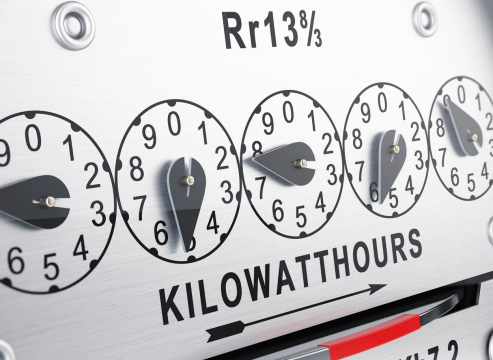
Understanding kW vs. kWh: Breaking Down Solar Energy Metrics
When it comes to solar energy, you often encounter terms like kilowatt (kW) and kilowatt-hour (kWh). Although they may seem similar, they measure different aspects of energy. Let's break down what each term means and why understanding the difference is crucial for maximizing your solar system's efficiency.
What is a Kilowatt (kW)?
A kilowatt (kW) is a unit of power. It measures the rate at which energy is generated or consumed. Think of it as the speed at which electricity flows through your home or business. One kilowatt is equal to 1,000 watts.
For example, if you have a solar panel system with a capacity of 5 kW, it means your system can produce up to 5 kilowatts of power at any given moment.
What is a Kilowatt-Hour (kWh)?
A kilowatt-hour (kWh) is a unit of energy. It measures the total amount of electricity used or generated over a period of time. One kilowatt-hour is equal to the consumption or production of one kilowatt of power for one hour.
For instance, if your 5 kW solar system produces power at full capacity for one hour, it will generate 5 kWh of energy.
Understanding the Difference
kW (kilowatt) measures power, or the rate of energy production/consumption.
kWh (kilowatt-hour) measures energy, or the total amount of electricity used/generated over time.
Why It Matters
Understanding the difference between kW and kWh is essential for several reasons:
System Sizing: Knowing the capacity of your solar system in kW helps you determine how much energy it can produce at peak performance. This is crucial when sizing a system to meet your energy needs.
Energy Bills: Your electricity bill usually charges you based on the total kWh you consume. By monitoring your kWh usage, you can better manage your energy consumption and costs.
Performance Monitoring: Tracking kWh production helps you assess how efficiently your solar panels are performing over time. This can indicate when it's time for maintenance or adjustments.
Real-World Application
Imagine you have a solar panel system rated at 5 kW. If the sun shines at full strength for 5 hours, your system could potentially produce 25 kWh of energy (5 kW * 5 hours = 25 kWh). However, factors like weather, shading, and system efficiency can affect the actual energy production.
By understanding these key metrics, you can make more informed decisions about your solar energy system and optimize its performance. Whether you're looking to install a new system or monitor an existing one, knowing the difference between kW and kWh is a fundamental step in harnessing the power of the sun effectively.

